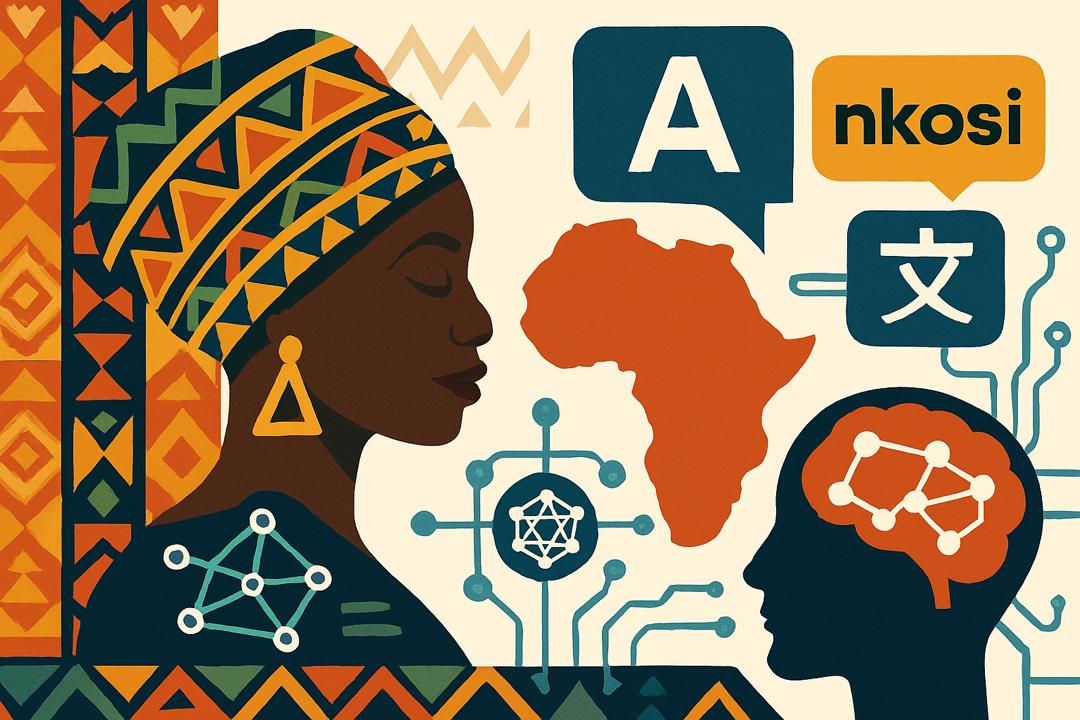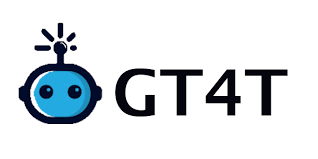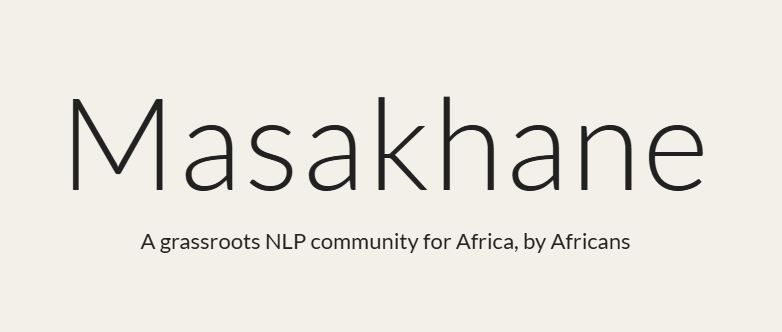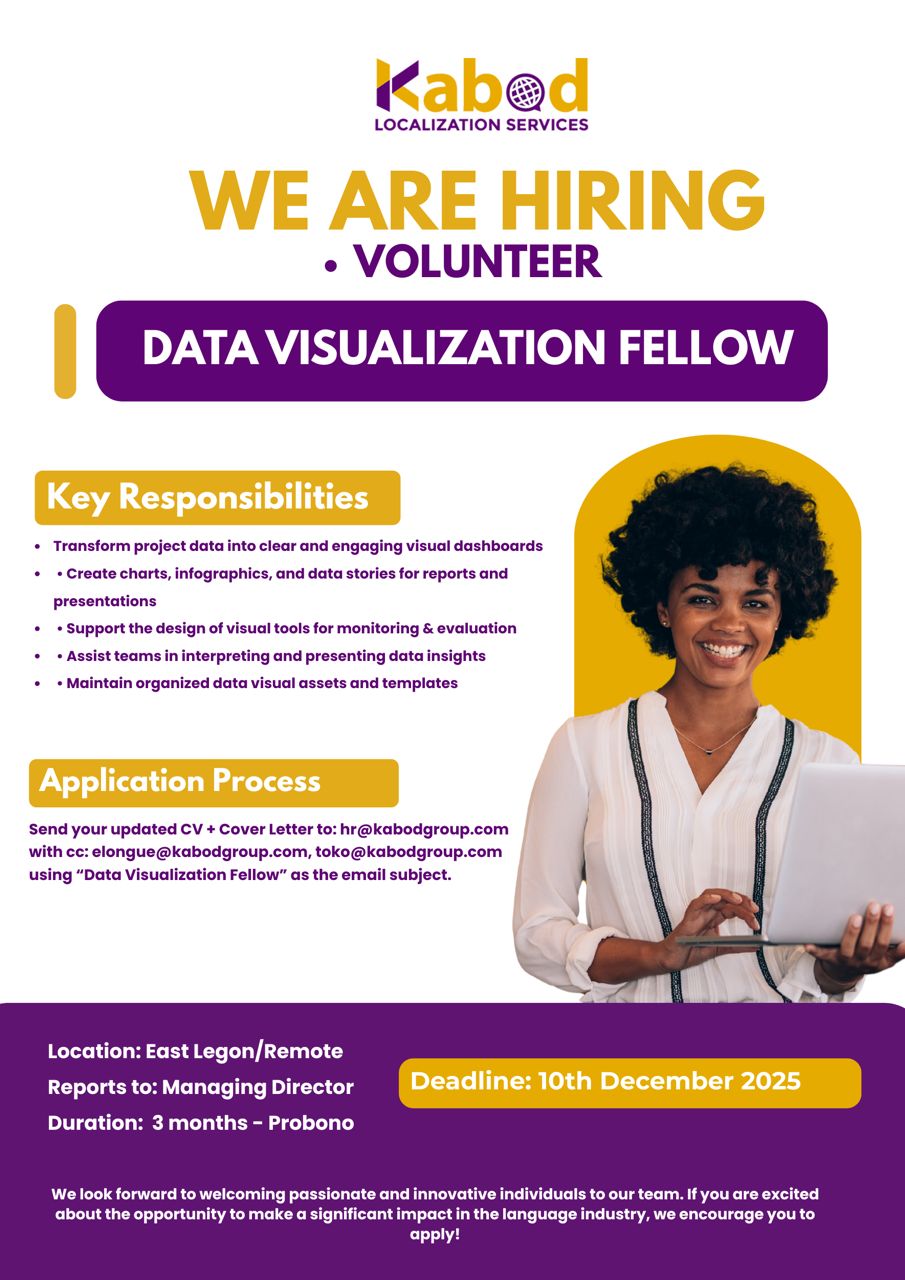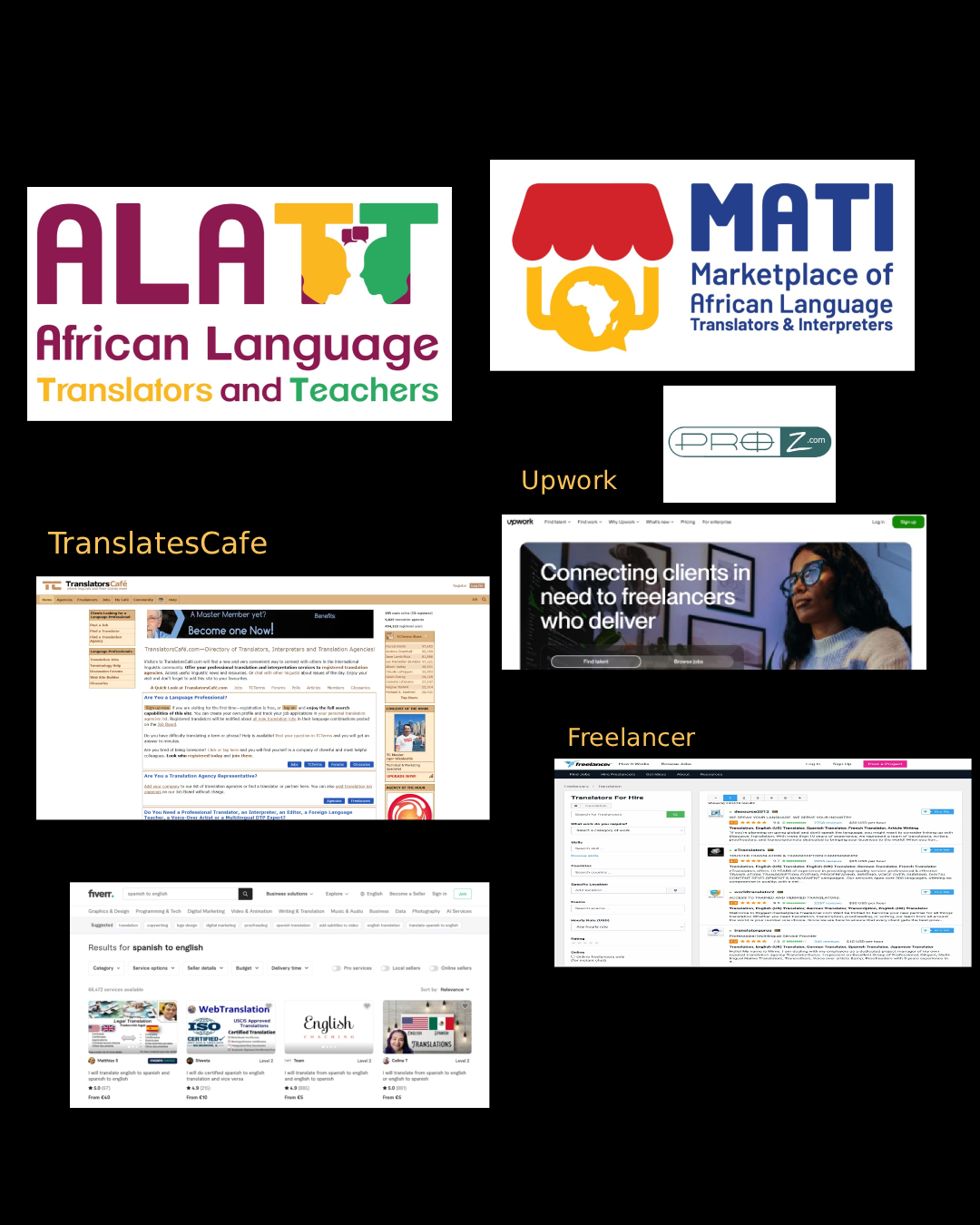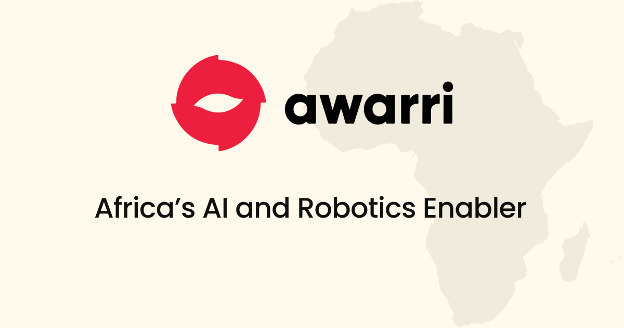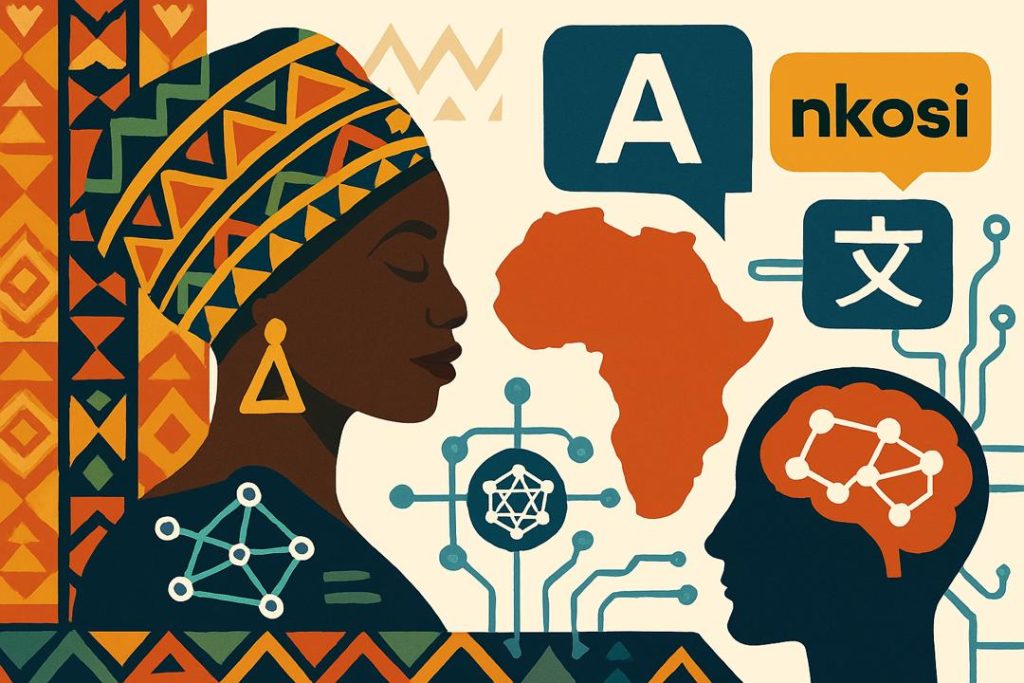
Despite the large number of speakers of certain African languages, such as Swahili, Lingala and Yoruba, it is sad to note that many of these languages are underrepresented in the digital space. This is where neural machine translation (NMT) comes in.
Unlike other statistical-based machine translation methods, Neural Machine Translation uses a large-scale neural network to process entire sentences as a single unit rather than individual words. This process, which mimics human language acquisition, allows for a better understanding of linguistic and contextual nuances, resulting in translations that sound more natural. This process has been popularized by services such as DeepL, which has gradually established itself as one of the must-haves for translation professionals.
For African professional translators, the question is no longer whether to use MT, but how. Strategically integrating MT into their workflow does not mean being replaced, but rather improving productivity, expanding reach and adapting to the demands of the modern translation market. We have listed some three platforms and initiatives that have the potential to provide relevant support to translators working in languages with low digital representation.
1. Glosbe
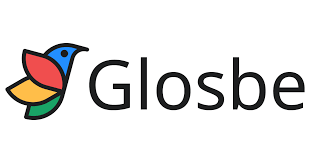
Created by a translator for translators, GT4T is a translation assistance technology that uses 30 automatic translation engines to provide you with the best possible Machine Translation, regardless of your language combination. This technological marvel allows you to pre-translate 40 file types, including docx, Excel, Trados, Memoq, Phrase and many more.
Moreover, GT4T guarantees that your files will never be uploaded or analyzed on any server. This allows you to increase your productivity for certain African languages that are often less accessible, while ensuring that no confidentiality breaches occur (except for PDF files, which may need to be uploaded for conversion).
You can also use their add-on to write and read in one of the 379 languages supported by your various CAT tools and word processors using simple keyboard shortcuts. This service offers a free trial period, followed by extremely flexible plans, with or without character limits. It should also be noted that even after the trial period, you will still have access to certain features.
Dallas Cao, the developer who is himself a translator, says he wants to keep his innovation fairly limited so that he can respond personally to each user and best meet their needs. If you want to invest in a tool that could have a lasting impact on your productivity as a translator working with uncommon language combinations, you will definitely want to try it out. You can get it directly from the Microsoft Store or at gt4t.ai.
I had about one month and some days to deliver! I had sleepless nights. At some point, I had pain almost everywhere.
I lost other projects because of the translation of the book. However, I did not think it was an issue.
I spent money just to learn to do certain things, to deliver the work.
However, I did not think all that was enough to change my initial commitment not to charge money. I told my wife, “Sometimes, you just have to follow your spirit, not your heart”.
She was surprised. Having lived with me for almost ten years, she knows that I charge before I proceed. But I thought I had to follow my spirit, not my heart!
Masakhane, is a participatory research project that aims, among other things, to create a machine translation model for African languages. On their website, they indicate their mission is to: “strengthen and spur NLP research in African languages, for Africans and by Africans. Despite the fact that 2,000 of the world’s languages are African, African languages are barely represented in technology. The tragic past of colonialism has been devastating for African languages in terms of their support, preservation and integration. This has resulted in a technological space that does not understand our names, our cultures, our places and our history.”
To regain control of their narrative and tell Africa’s story in African languages, such projects require an astronomical amount of high-quality data. Professional translators can play a vital role in addressing the lack of data. By contributing to the creation and updating of high-quality terminology databases, glossaries and translation memories specific to African languages and their various dialects, they could directly improve the accuracy and relevance of machine translation results.
Rather than viewing these innovations as enemies whose sole purpose is to replace them in the long term, translators should embrace technology as a powerful tool that, when adopted strategically, opens up a new era of opportunity and impact. By adapting their skills, integrating TA into their workflows, and actively contributing to the development of robust language resources, African translators can position themselves at the forefront of a dynamic and increasingly globalized language landscape, connecting communities and bridging communication gaps across the continent.

